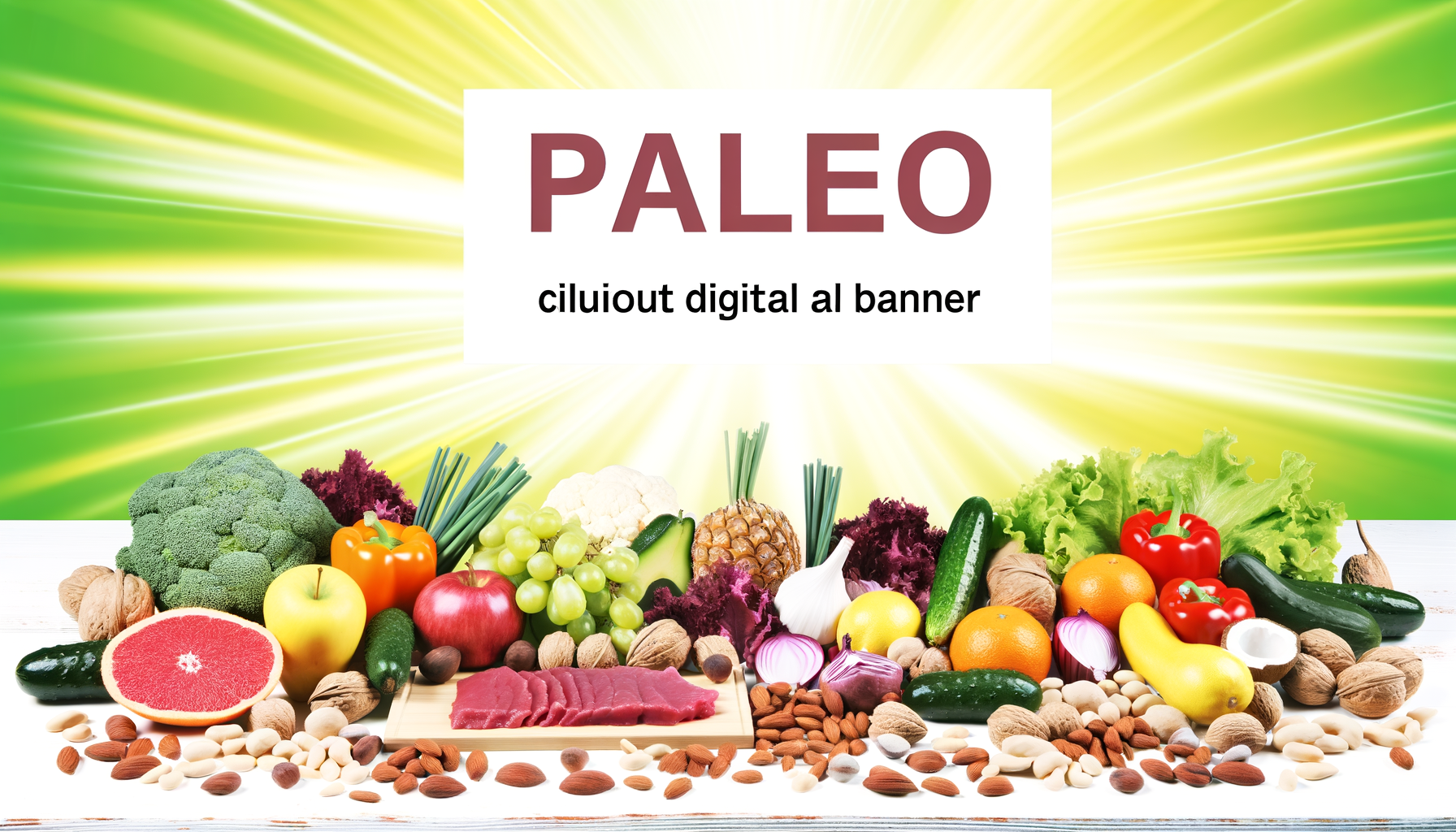Simplify Nutrition Planning with a Calorie Calculator
For many, navigating the world of nutrition planning can seem overwhelming. Understanding how to use tools like a calorie calculator is essential for creating effective diet plans and achieving weight management goals. By streamlining your approach to healthy eating through meal prep and adhering to dietary guidelines, you can simplify your nutrition journey and make sustainable lifestyle changes.
Understanding Calorie Calculators
A calorie calculator is a powerful tool that helps you determine your daily calorie needs based on factors like age, sex, weight, height, and activity level. This information is crucial for planning meals that support your weight management goals, whether you aim to lose weight, maintain weight, or gain muscle.
For instance, tools like the NASM Bodyweight Tool use the Mifflin-St Jeor equation to calculate your Basal Metabolic Rate (BMR), which is then adjusted based on your activity level to estimate your Total Daily Energy Expenditure (TDEE). Knowing your TDEE helps you set a daily calorie goal, such as reducing your intake by 500-1000 calories for weight loss or increasing it for muscle gain.
A Closer Look at Calorie Needs
Caloric needs vary widely among individuals. For example, the Healthline calorie calculator provides estimates based on age and sex. Generally, men require more calories than women due to higher muscle mass.
A typical adult male might need between 2,400 to 3,000 calories per day to maintain weight, whereas an adult female may require 1,600 to 2,200 calories. These needs can increase for those who are very active or have specific health goals.
Dietary Guidelines and Meal Prep
Creating a balanced diet involves understanding not just your calorie intake but also how to distribute those calories across different macronutrients like carbohydrates, proteins, and fats. Meal prep can be an effective way to keep your diet on track by planning healthy meals in advance.
A well-planned meal prep strategy involves setting aside time weekly to prepare nutrient-rich meals and snacks. You can use online resources like Harvard Health for guidance on choosing low-calorie foods without sacrificing nutritional value.
Tips for Effective Meal Prep
- Plan Your Meals: Start by creating a meal plan for the week, considering your calorie goals and dietary preferences.
- Shop Smart: Make a grocery list based on your meal plan and stick to it to avoid impulse buys.
- Portion Control: Use containers to portion out meals and snacks in advance, ensuring consistent calorie intake.
- Stay Flexible: Be prepared to adjust your plan if unexpected changes arise.
By incorporating a calorie calculator into your meal prep routine, you can ensure that each meal aligns with your nutritional objectives. Tools like the WP Calorie Calculator can simplify this process by providing personalized calorie estimates based on your unique profile.
Weight Management Strategies
Effective weight management involves more than just tracking calories. It requires a comprehensive approach that includes a balanced diet, regular exercise, and awareness of your overall nutritional intake. For instance, the Mayo Clinic calorie calculator can help you understand your caloric needs under different activity levels.
Exercise and Nutrition
Exercise plays a crucial role in weight management. Regular physical activity not only burns calories but also helps maintain muscle mass when you're reducing calorie intake. Combining a well-planned diet with exercises like cardio or strength training can enhance weight loss results and improve overall health.
For example, walking or jogging for at least 30 minutes daily can significantly contribute to your weight loss goals. Additionally, understanding the nutritional content of common foods—such as learning that fats contain more calories per gram than carbs or proteins—can help you make informed dietary choices.
Real-World Examples of Success
One notable example of the effectiveness of careful calorie management is the "Twinkie diet," where a man lost significant weight by strictly managing calorie intake without focusing on nutritional quality. While this approach is not recommended due to potential health risks, it illustrates the importance of monitoring calories in weight loss.
For a more sustainable and healthy approach, using tools like the WP Calorie Calculator Plans can provide a structured framework for managing your diet and ensuring you receive proper nutrition while achieving your weight goals.
Case Studies and Outcomes
Many individuals have successfully achieved their weight management goals by integrating calorie calculators into their nutrition planning. For instance, a person aiming to lose 10 pounds might use a calorie calculator to determine they need to reduce their daily intake by about 500 calories, leading to a weight loss of 1-2 pounds per week.
This approach not only aids in weight loss but also helps prevent the negative effects of severe calorie restriction, such as slower metabolism and nutrient deficiencies. By maintaining a balanced diet with adequate protein, healthy fats, and complex carbohydrates, individuals can support their overall health goals.
Conclusion and Next Steps
In conclusion, simplifying nutrition planning with a calorie calculator is a strategic move towards effective weight management and healthy eating. By understanding how to use these tools, you can create personalized diet plans, enhance your meal prep strategies, and maintain a balanced lifestyle.
To further enhance your nutritional journey, consider integrating resources like the Calorie Calculator or online nutrition courses for comprehensive guidance.
Take the first step today by utilizing tools like the WP Calorie Calculator and exploring available plans that cater to your specific needs and goals. Whether you're aiming for weight loss, muscle gain, or simply maintaining a healthy lifestyle, the right tools and strategies can make all the difference.











